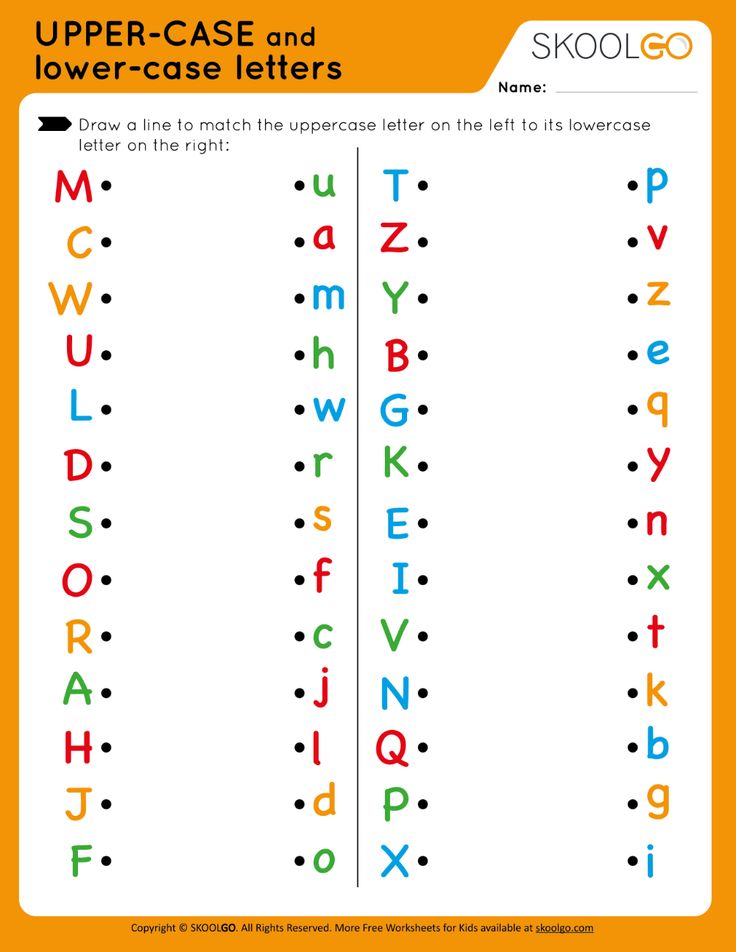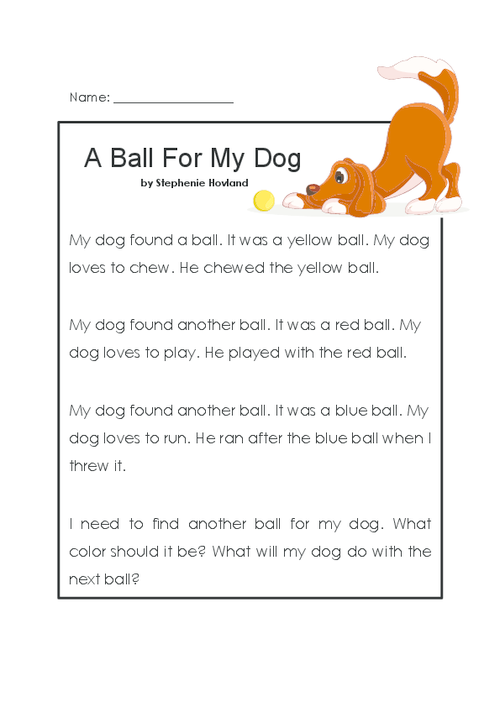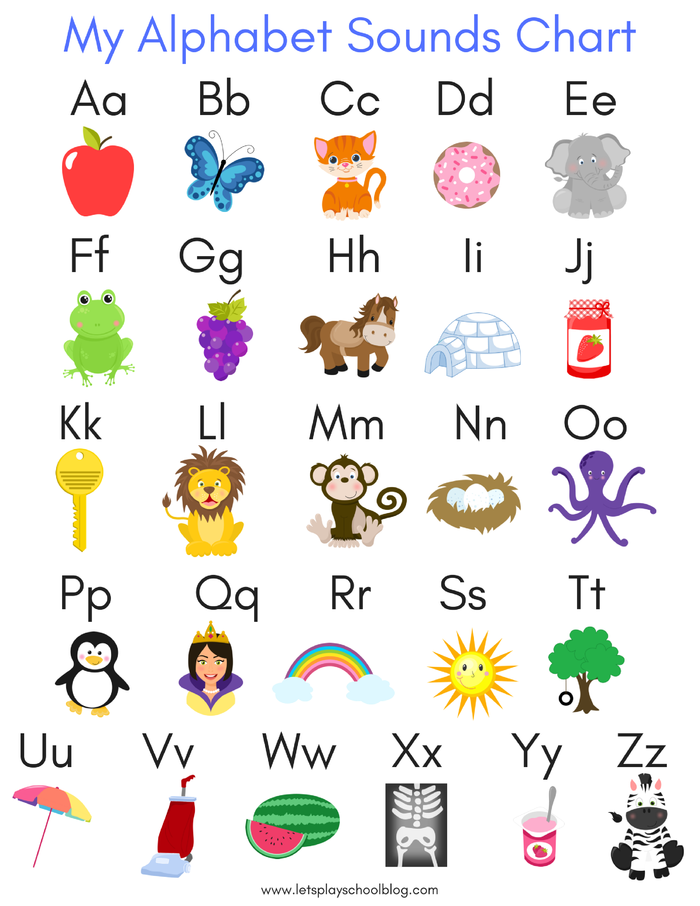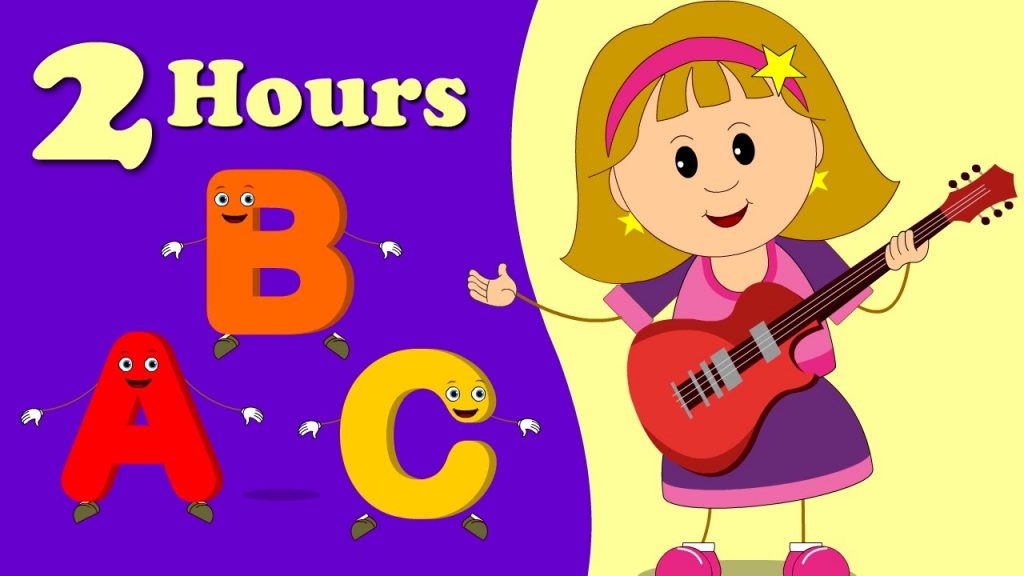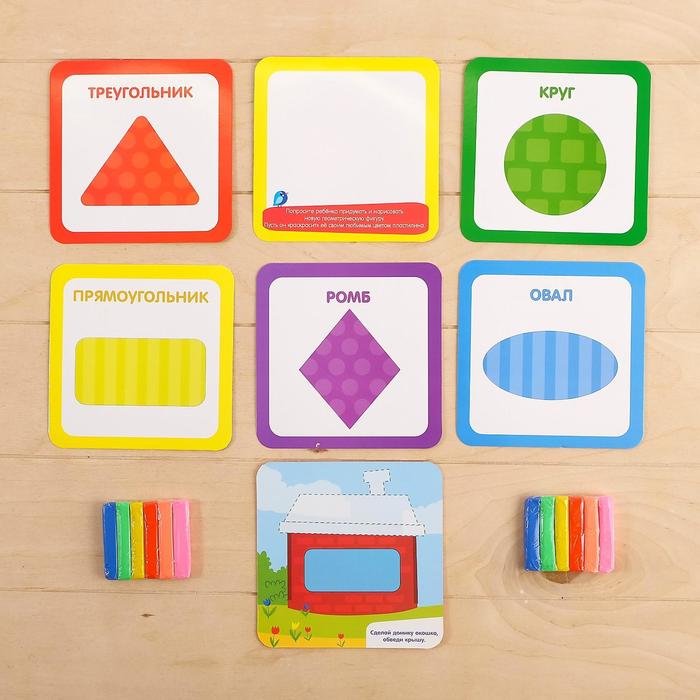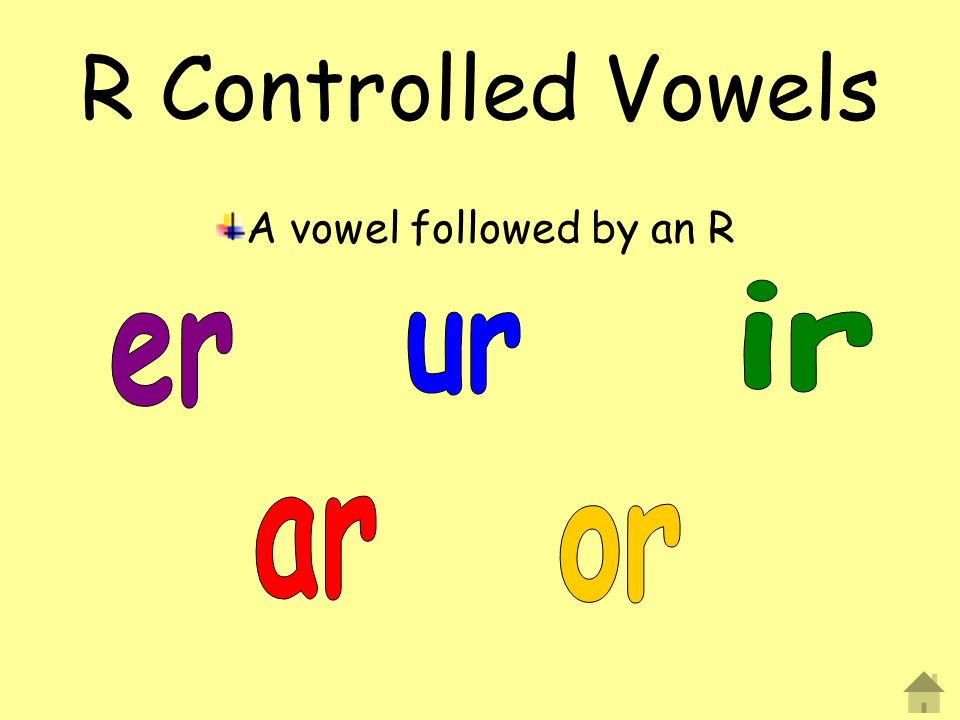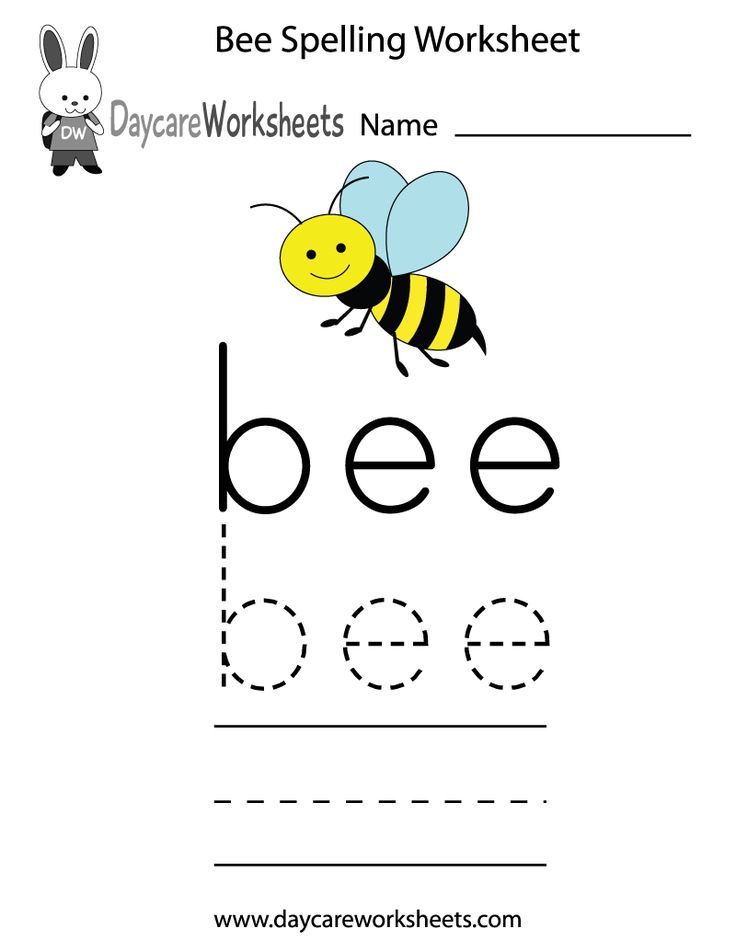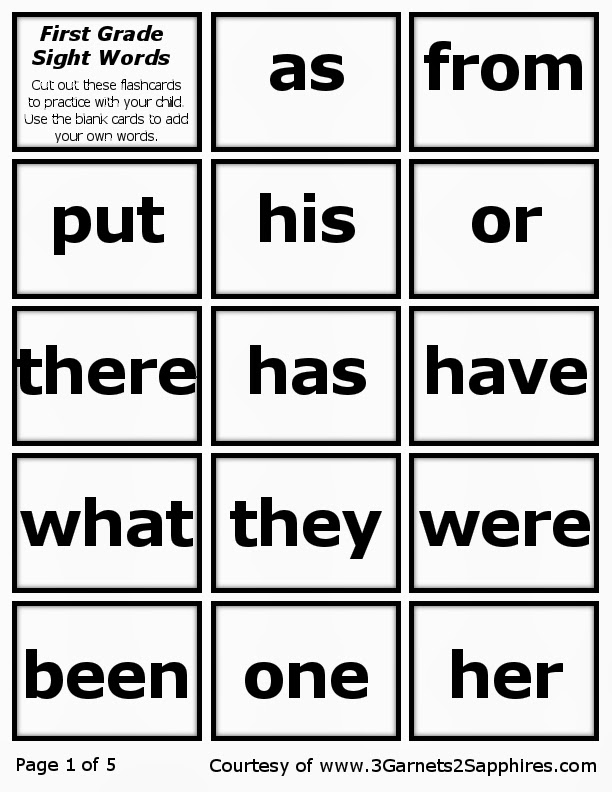Both upper and lowercase letters
What Are Lowercase, Uppercase Letters?
Lowercase letter definition: Lowercase letters are all other letters not in uppercase.
Uppercase letter definition: Uppercase letters are letters that represent the beginning of a sentence or a proper noun.
What are Lowercase Letters?
In writing, most letters are lowercase. Lowercase letters are all letters that do not begin a sentence or refer to a proper noun.
English alphabet lowercase letters: a b c d e f g h i j k l m n o p q r s t u v w x y z.
Examples of Lowercase Letters:
- word
- The word above uses only lowercase letters.
- The sentence above has lowercase letters after the first letter of the sentence.
- This sentence and the one directly above have all lowercase letters except for the “T.”
What are Uppercase Letters?
Uppercase letters are also known as capital letters. Uppercase letters signal to the reader that something is important or significant.
English alphabet uppercase letters: A B C D E F G H I J K L M N O P Q R S T U V W X Y Z.
Examples of Uppercase Letters:
- Jones
- This is a proper name, so the first letter of the title and the last name are capitalized
- Main Street
- This is a proper noun so the first letter of each word is capitalized
When to Use Uppercase Letters
In English, the first letter of every sentence is capitalized. The uppercase letter signals to the reader that a new sentence is beginning.
Other uses of uppercase letters are detailed below.
TitlesAll titles are considered proper nouns and require capitalization.
Examples:
- Miss Mabry
- Incorrect: miss mabry
- Mathers
- Incorrect: mr. mathers
- Madam Lockfield
- Incorrect: madam lockfield
- Lady Grace
- Incorrect: lady grace
- Janks
- Incorect: mrs.
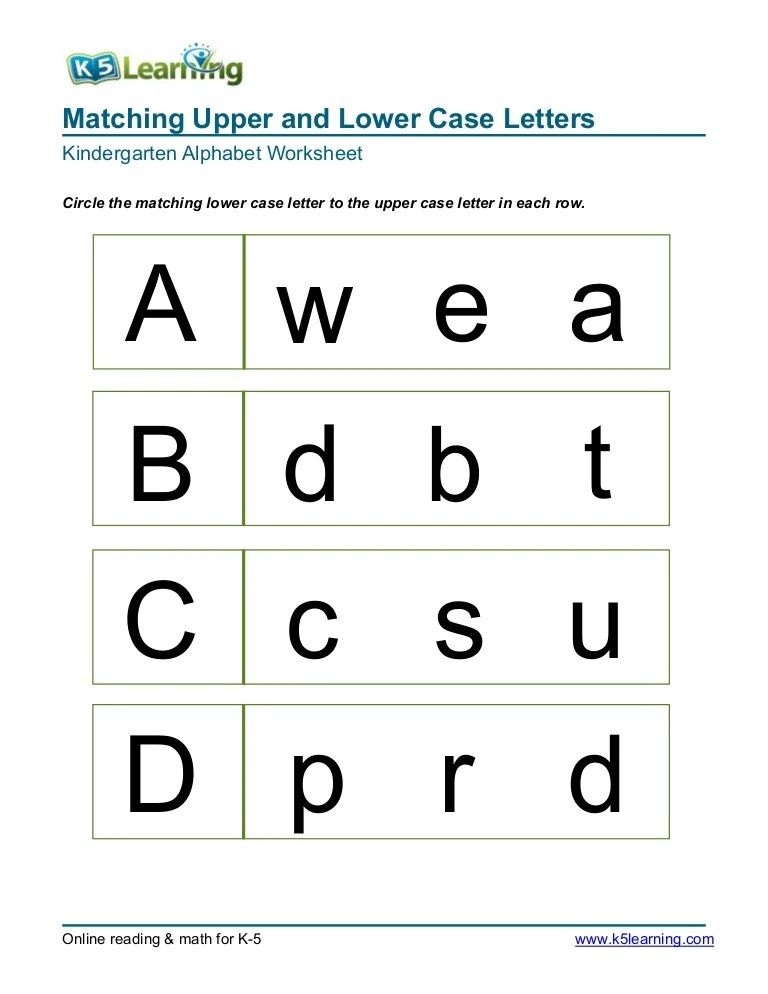 janks
janks
- Incorect: mrs.
Acronyms are a type of abbreviation. Acronyms are words formed from other letters to make a new word. However, they require capital letters to signal to the reader that those letters stand for something and are not a word alone.
Examples:
- NATO
- North Atlantic Treaty Organization
- UNICEF
- United Nations International Children’s Emergency Fund
- SCUBA
- Self-contained underwater breathing apparatus
All proper nouns need to be capitalized.
Examples:
- We visited the Bowers Museum on Saturday.
- Incorrect: We visited the bowers museum on Saturday.
- I would like to tour the Eiffel Tower.
- Incorrect: I would like to tour the eiffel tower.
- Their names are Jake and Suzy.
- Incorrect: Their names are jake and suzy.
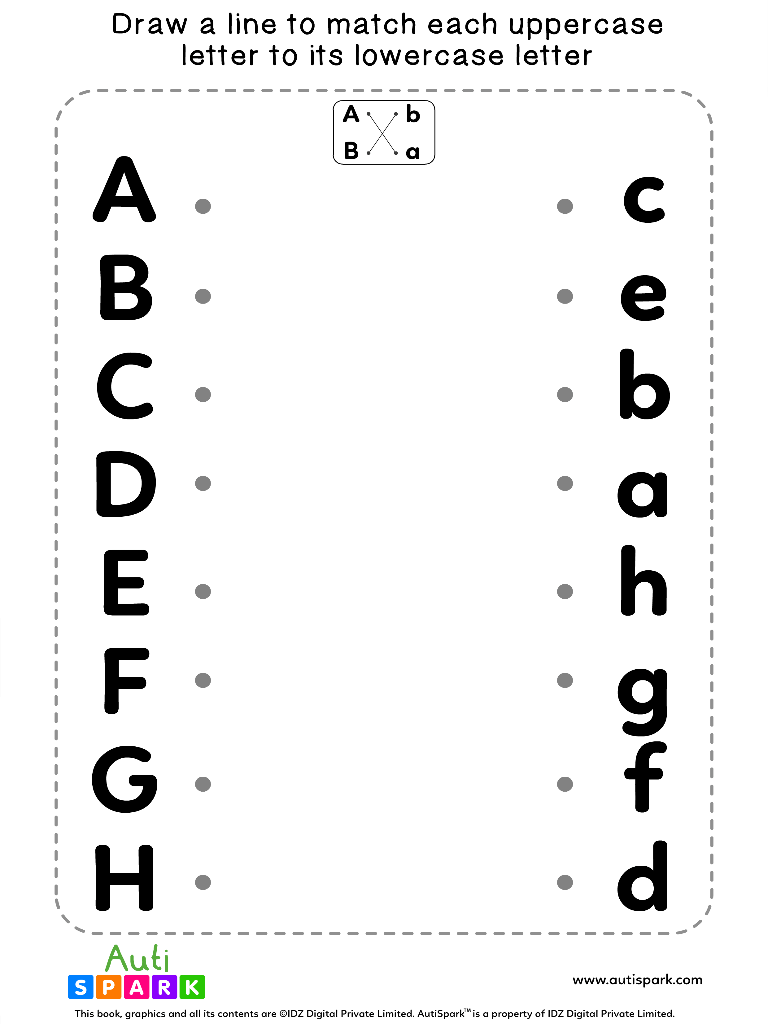
- Incorrect: Their names are jake and suzy.
When to Use Lowercase Letters
Use lowercase letters for all letters other than the first in a sentence, provided that there is no required use for uppercase letters in the sentence.
Examples:
- Every word in this sentence other than the first word is written in lowercase.
- The only words in this sentence that require uppercase letters are the proper nouns, London and Paris.
All nouns that are not proper nouns are called common nouns. All common nouns use lowercase letters (unless a common noun begins a sentence).
Examples:
- tree
- dog
- bird
- water
- air
- star
- street
- girl
- baby
Summary
Define lowercase letters: lowercase letters are those letters used for common nouns and internal words.
Define uppercase letters: uppercase letters (also called capital letters) are those letters that signify the beginning of a sentence or a proper noun.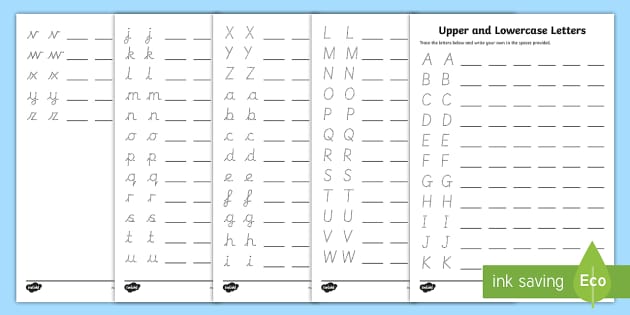
In summary,
- Uppercase and lowercase letters refer to all letters used to compose the English language.
- Uppercase letters are used to begin sentences and are also used for proper nouns.
- Lowercase letters are all letters that do not begin sentences.
Contents
- 1 What are Lowercase Letters?
- 2 What are Uppercase Letters?
- 3 When to Use Uppercase Letters
- 3.1 Titles
- 3.2 Acronyms
- 3.3 All Proper Nouns
- 4 When to Use Lowercase Letters
- 5 Summary
Lowercase and Uppercase Letters: Definition and Meaning
The 26 letters in the English alphabet can take two forms: uppercase and lowercase. Each form serves a different function. Most of the letters you see in writing are lowercase.
Definition of Lowercase Letters
Lowercase letters are smaller and sometimes take a slightly different form than their uppercase counterparts.
Notice the L that starts the word Lowercase in the previous sentence.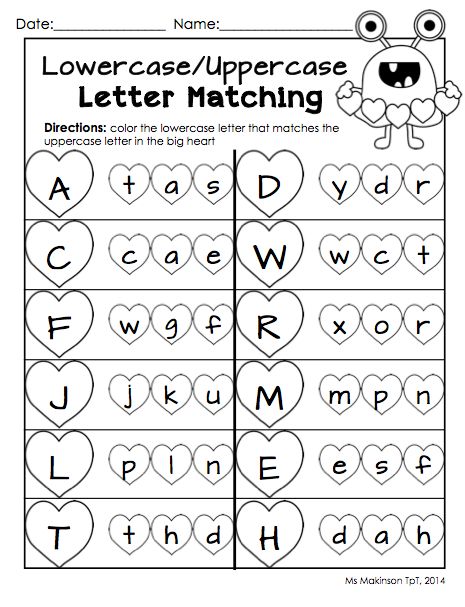 It’s larger than the other letters and looks different than the l in the word letters.
It’s larger than the other letters and looks different than the l in the word letters.
Lowercase letters are used more often than uppercase letters. They follow the first letter of a sentence or the first letter of a proper noun.
English Alphabet Lowercase Letters
These are the lowercase forms of each of the 26 letters in the English alphabet.
| a | b | c | d | e | f | g | h | i | j | k | l | m |
|---|---|---|---|---|---|---|---|---|---|---|---|---|
| n | o | p | q | r | s | t | u | v | w | x | y | z |
Definition of Uppercase Letters
Uppercase letters, also called capital letters, are used to start sentences and as the initial letter of a proper noun.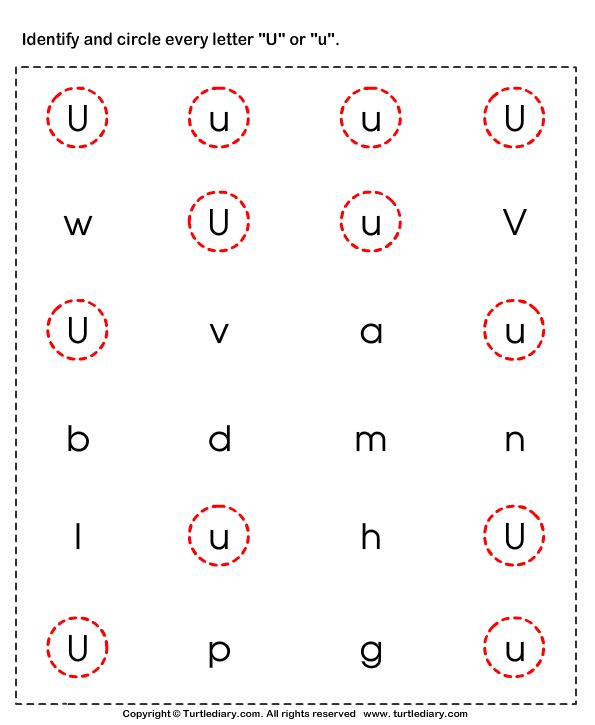
Uppercase letters are larger than their lowercase counterparts. Though most uppercase letters look similar to their lowercase partners, others take slightly different forms.
English Alphabet Uppercase (Capital) Letters
These are the uppercase or capital forms of the 26 letters in the English alphabet.
| A | B | C | D | E | F | G | H | I | J | K | L | M |
|---|---|---|---|---|---|---|---|---|---|---|---|---|
| N | O | P | Q | R | S | T | U | V | W | X | Y | Z |
When Should You Use Lowercase Letters?
It’s easier to explain the function of lowercase letters by saying what they don’t do. Lowercase letters do not start sentences and are not used as the initial letter of a proper noun.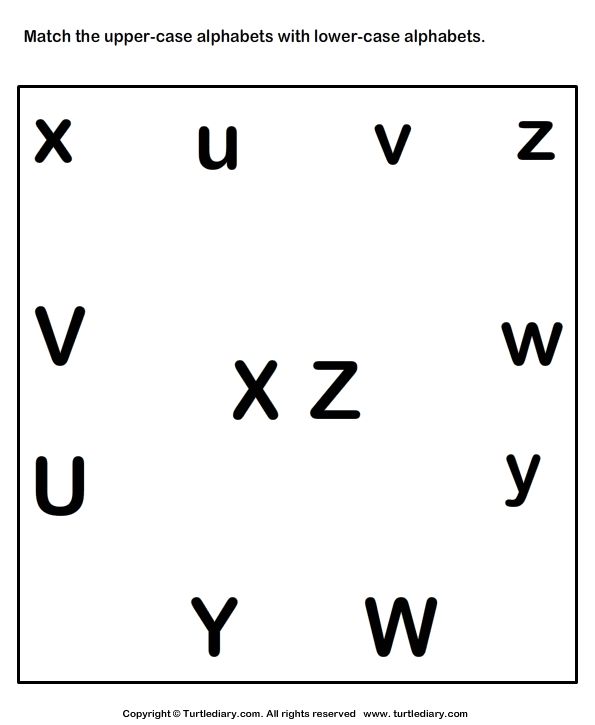
They are used for all the remaining letters in sentences and following the first letter of proper nouns.
Most of the letters you write will be lowercase. A quick scan of this article shows that uppercase letters are used in specific circumstances and lowercase are used everywhere else!
In the first sentence of the paragraph above, Most of the letters you write will be lowercase., only the M in Most is an uppercase letter. All the others are lowercase.
Use Lowercase Letters with Common Nouns
Nouns are words that represent a person, place, thing, or idea. There are two types of nouns: common and proper.
Common nouns refer to a non-specific person, place, thing, or idea. They are generic terms. The chart below shows the common noun version of the proper nouns used above.
| Proper noun (capitalize first letter) | Common noun (lowercase letters) |
|---|---|
| Joanna | person |
| London | city |
| France | country |
| Tuesday | weekday |
| September | month |
Proper nouns refer to a specific person, place, thing, or idea.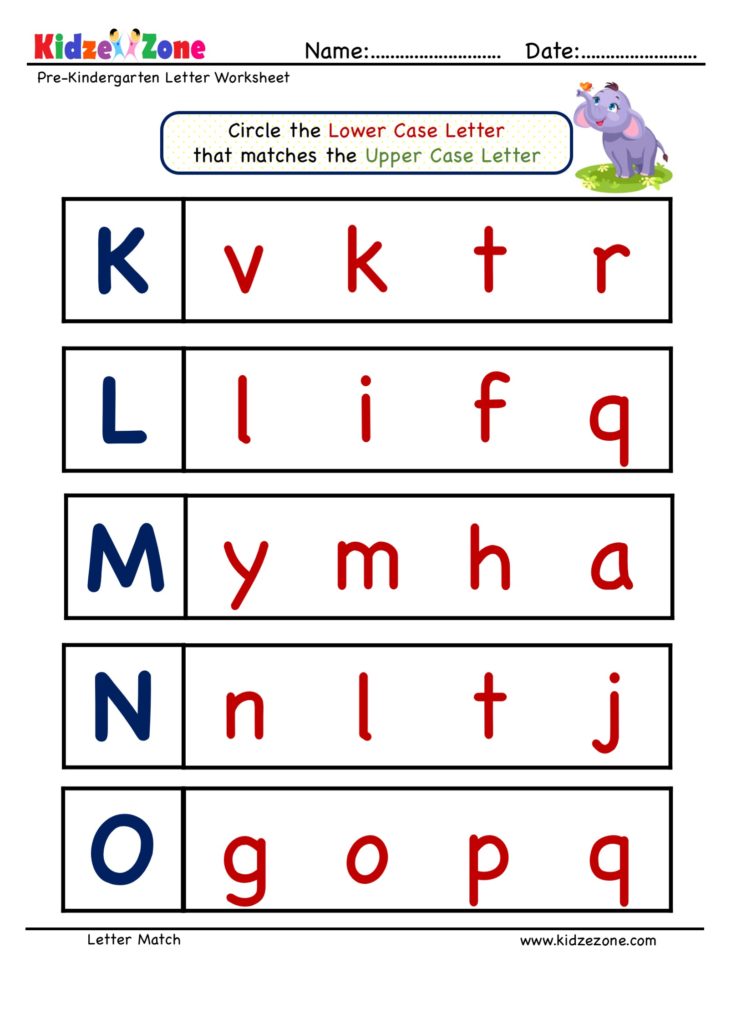 For example, the name of a particular person, city, country, day of the week, or month is a proper noun.
For example, the name of a particular person, city, country, day of the week, or month is a proper noun.
- Joanna
- London
- France
- Tuesday
- September
The initial letter of a proper noun is an uppercase letter. The rest are lowercase.
A grammar guru, style editor, and writing mentor in one package.
Try it for free!Sentence Examples with Proper and Common Nouns
These sentences contain both proper and common nouns (in bold). The proper nouns are capitalized, the common nouns contain only lowercase letters.
- After work, Sue met friends for dinner.
- The ancient poet Homer wrote The Odyssey and The Iliad.
- My favorite day of the week is Sunday, and my favorite month is July.
When Should You Use Uppercase Letters?
Most often, capital letters are used to start sentences and proper nouns, but those aren’t the only times.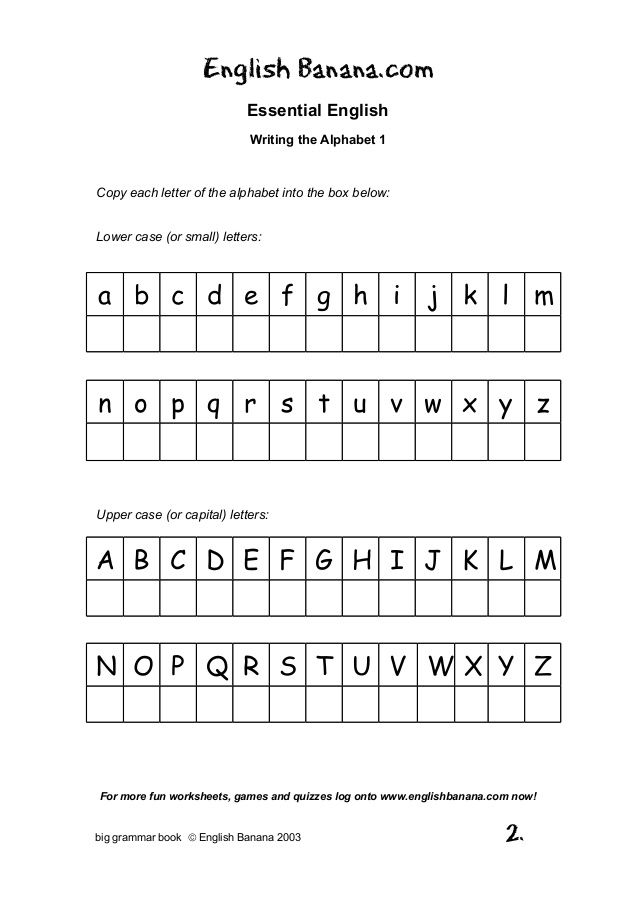
This list explains other circumstances that require uppercase letters.
1. The first word of a quote that’s part of a complete sentence
When an embedded quote is also a complete sentence, the first word of that quote should be capitalized.
- Mary said, “We should go to the beach.”
2. Titles of literary or artistic works
Capitalize the first, last, and all other words in a title except conjunctions, articles, and prepositions of fewer than four letters. This is called “Title Case.” (Some style guides have even more specific guidelines, so always check!)
- To Kill a Mockingbird
- The Hunger Games
- The Fault in Our Stars
3. Professional titles preceding a person’s name
When a title such as “Dr.” or “President” precedes a specific person’s name, capitalize it.
- We will now hear from Dr. Jones, our keynote speaker.
- President Biden will give a speech later today.
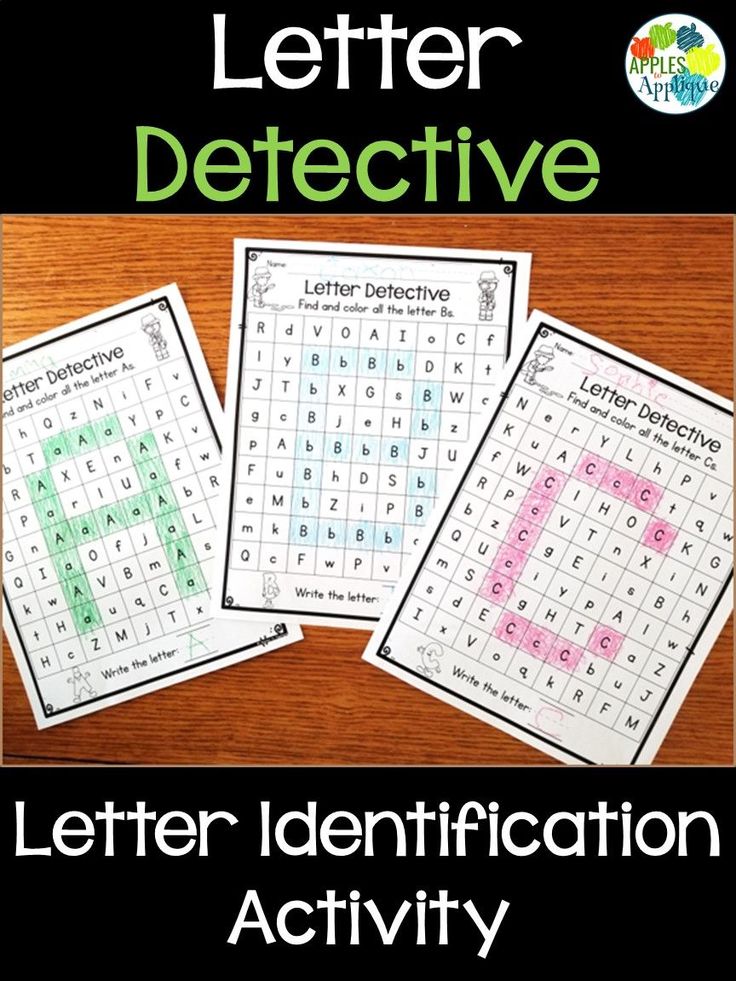
Use lowercase letters if the title is used as a description or not followed by a specific name.
- The keynote speaker is Martin Jones, a doctor.
- I’m watching the president give a speech.
If you feel overwhelmed by the different rules of capitalization, remember that ProWritingAid is here to help!
It’s a thorough grammar checker (and more) that will detect errors in capitalization for you.
4. The pronoun “I”
You should always capitalize the pronoun “I.”
5. Acronyms and Initialisms
An acronym is a word formed by taking the first letter of each word of a compound term. Initialisms are similar abbreviations, except that the letters are pronounced individually rather than forming a new word.
- PIN is an acronym for personal identification number and is pronounced as the word “pin”
- FBI is an initialism for the Federal Bureau of Investigation and is pronounced as individual letters F-B-I
Some phrases are also abbreviated as initialisms:
- “Talk to you later” is TTYL
- “As soon as possible” is ASAP
Acronyms and initialisms should always appear in uppercase form.
6. When adding emphasis
Be careful with this use of uppercase letters!
When you put words or sentences in ALL CAPS, a practice often seen in texts or posts, you add emphasis to your words. Consider how that emphasis will be perceived.
ALL CAPS statements carry more aggression and intensity than lowercase words. That’s not always a bad thing.
For example, texting someone “HAPPY BIRTHDAY!” instead of “Happy birthday” is a way to convey excitement and show you really mean those good wishes.
Other times, ALL CAPS can sound accusatory, demeaning, or rude.
Remember that ALL CAPS in writing makes it seem as though the speaker is yelling. Keep that in mind before you press “send” on your uppercase text or post!
A Summary of Lowercase and Uppercase Letters
Lowercase letters are used for common nouns and for every letter after the initial letter of the first word of a sentence.
Uppercase letters are most often used at the start of sentences and as the first letter of proper nouns, though there are other times to use the capital letter form too.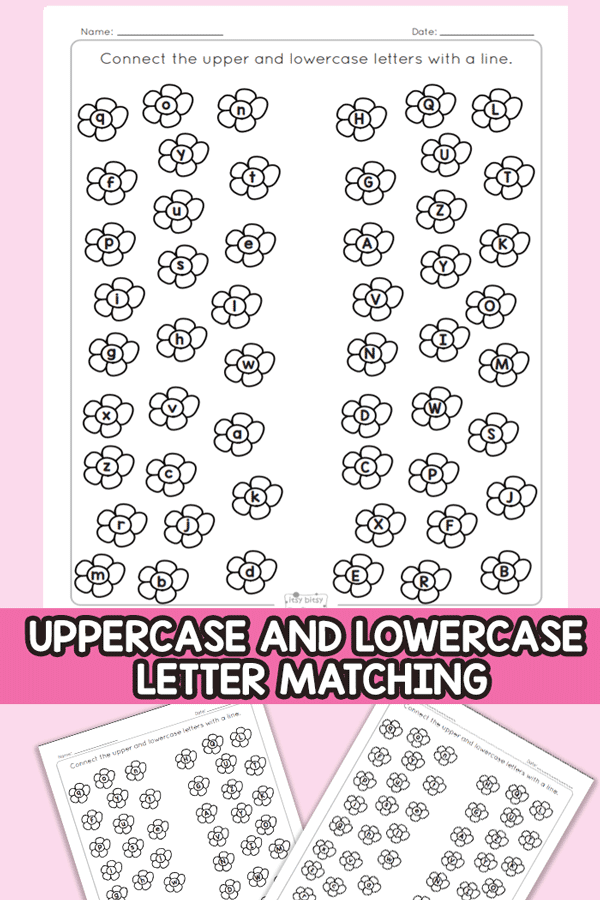
Take your writing to the next level:
20 Editing Tips from Professional Writers
Whether you are writing a novel, essay, article, or email, good writing is an essential part of communicating your ideas.
This guide contains the 20 most important writing tips and techniques from a wide range of professional writers.
Uppercase and lowercase letters: usage, rules, examples
Is a capital letter large or small? If you can not immediately answer this question, then read the article. In it, we will see what an uppercase letter means and how it differs from a lowercase letter. And also we will analyze the rules of lowercase and uppercase letters and give understandable examples.
Subscribe to our Telegram channel to be the first to receive useful materials. And do not forget to follow promotions and discounts from the company to learn with profit.
Need help?
Entrust your work to a PhD!
What do uppercase and lowercase letters mean
What are lowercase and uppercase letters? The examples are not always clear, so let's start with definitions:
Capital or uppercase letters are graphic characters used in writing that are larger than line boundaries.
They are also called the big ones.
A lowercase letters are graphic characters that do not exceed the size of a line in writing. They are also called small letters.
The very name "capital letters" arose in Russian from the verb "prescribe". In ancient texts there were no capital letters, all words were written from lowercase. And only at the beginning of the chapters, the first letter, which was called the “letter letter”, was depicted more than all the others. It was written by hand. Therefore, now capital letters are also called uppercase.
In Russian, every lowercase letter has a capital counterpart. Even "b", "y" and "b", although it is difficult to imagine where they can be used. However, not all experts support this opinion and prefer to consider that the Russian language has 33 lowercase and only 30 capital letters.
Another feature of the Russian language is that the spelling of large and capital letters does not always coincide.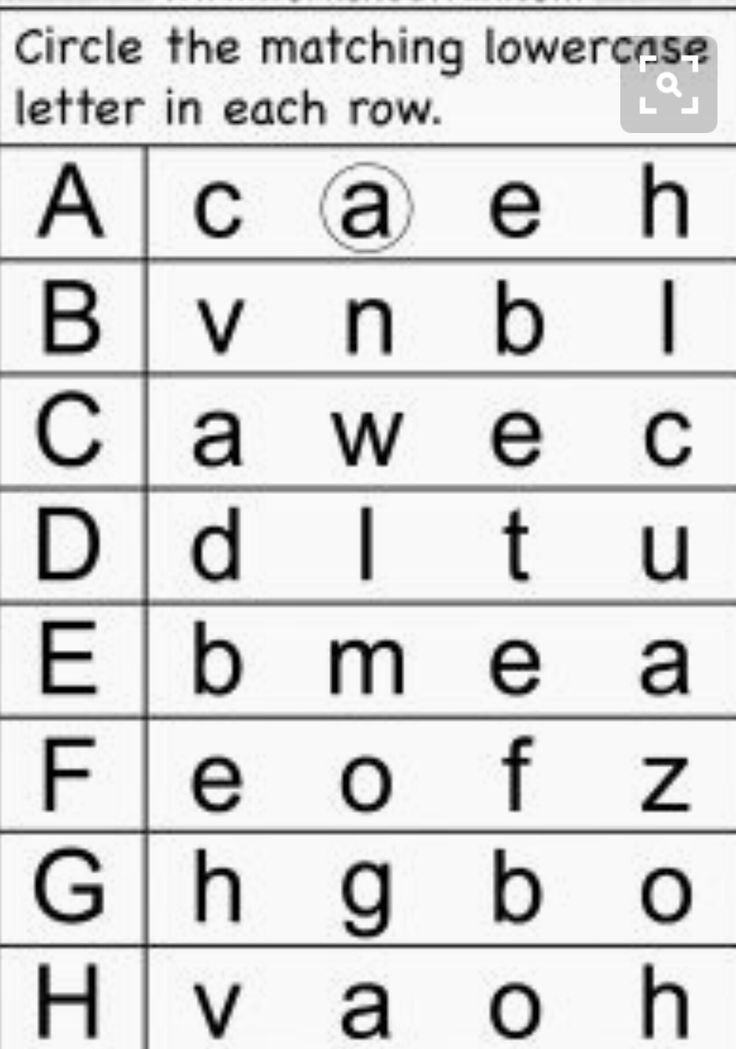 So, for example, the letter differs:
So, for example, the letter differs:
- capital " A " and lowercase " a ";
- capital " B " and lowercase " b ";
- capital " D " and lowercase " d ";
- capital " E " and lowercase " e " and some others.
Uppercase and lowercase letters in different languages
Capital letters are used in many languages of the Indo-European family: Greek, Slavonic, Germanic and Romance.
What does the capital letter mean in these languages? It can mean the beginning of a new phrase, a proper name, a geographical name, and much more. Below we will analyze in detail in which cases a capital letter is written.
However, not all language systems can observe the use of capital letters. Hebrew, Arabic, Indian, Thai and other languages use only lowercase alphabetic characters.
There were no capital letters in the Glagolitic alphabet, the first Russian written language.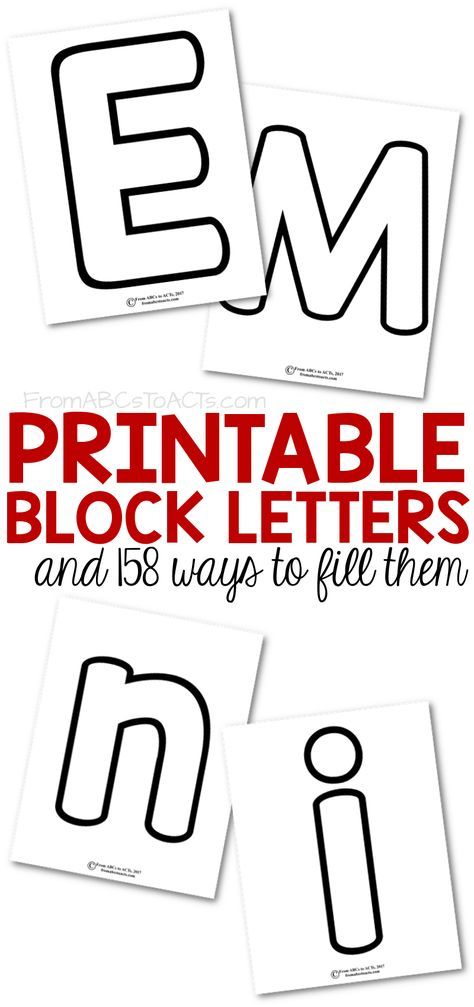 Capital letters firmly came into use only in the 18th century and all thanks to the great reformer Peter I. He not only brought reforms to Russia, but also introduced a civil typeface that contained both small and large letters.
Capital letters firmly came into use only in the 18th century and all thanks to the great reformer Peter I. He not only brought reforms to Russia, but also introduced a civil typeface that contained both small and large letters.
There are many words in Hebrew that are spelled the same but read differently and have different meanings. For example, the word "דוד" can sound like "dod" and mean "uncle" , as "dud" - "bak" and as "David" - a male name. How do the Israelis understand where is the meaning? Exceptional context.
Uppercase and lowercase letters: spelling rules
Let's see what rules to follow when using uppercase and lowercase letters in Russian. And to make it easier to remember, let's give examples of uppercase and lowercase letters in words.
Capital letter at the beginning of a sentence
The basic rule is: always write a capital letter at the beginning of a sentence.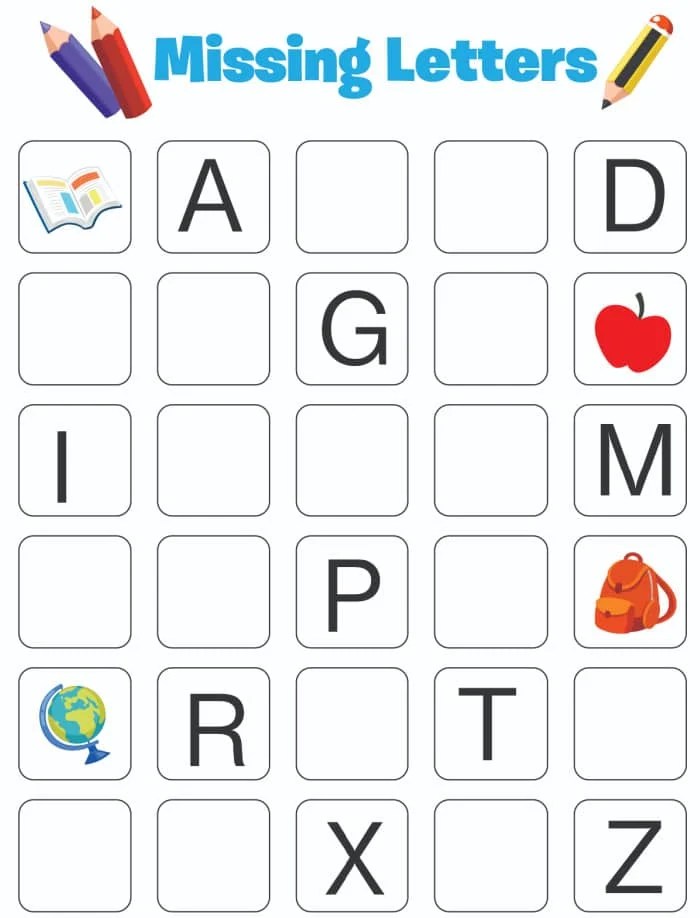
Example: It is not difficult to make a term paper. It is necessary to choose a topic, write the text and check for errors. Pay special attention to words with -Н- and -НН-, conjugation of verbs and spelling of particles "not" and "neither" with different parts of speech.
By the way! For our readers, there is now a 10% discount on any kind of work.
It is customary to capitalize not only the first word in standard sentences, but also every new line in poetry. This rule works even when the author didn't finish the sentence:
Night, street, lamp, pharmacy,
Meaningless and dim light.
Live at least another quarter of a century -
Everything will be like this. There is no exit.
If you die, you start over again
And everything will repeat, as of old:
Night, ice ripples of the channel,
Pharmacy, street, lamp.
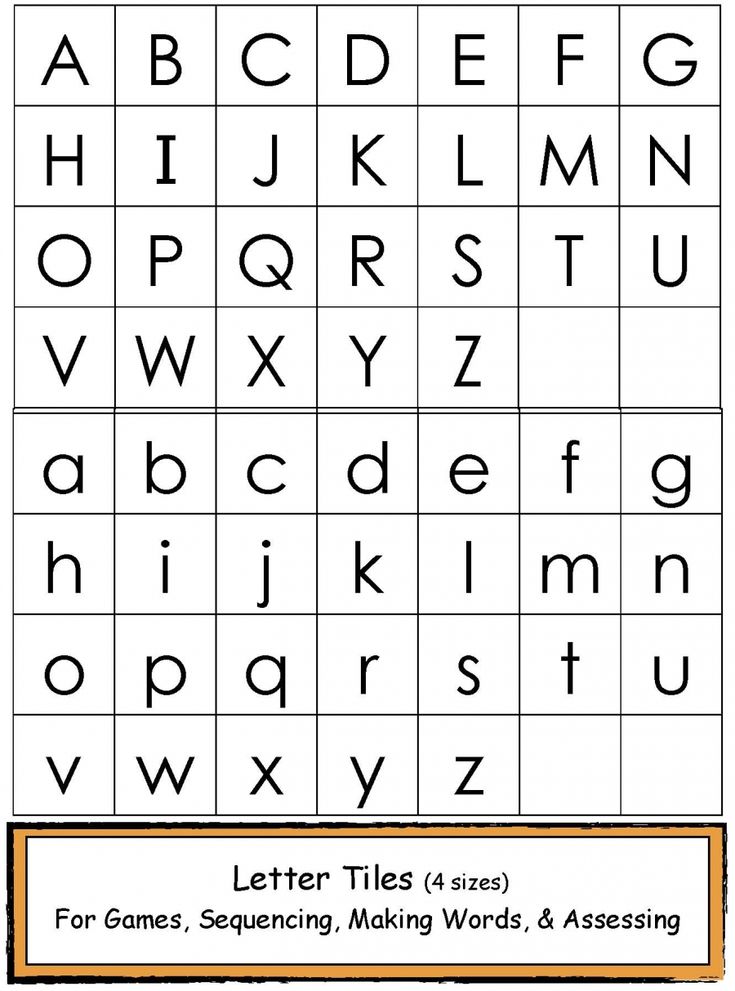
Alexander Blok
Capital letter in proper names
Another rule that always works: capital letters are written in proper names. It remains to figure out what applies to them.
Earth with a capital letter is a planet, and with a small one - a common nameProper names are the names of objects or phenomena that are unique and stand out from the general mass of homogeneous concepts.
On the contrary, common names are names that apply to entire groups of similar objects. Such nouns always begin with lowercase letters.
Let's look at specific cases when a capital letter is written in proper names. And also remember the exceptions, without which it is impossible to imagine the Russian language:
| Rule | Example | Exception |
| Surnames, first names and patronymics of people | Lev Nikolayevich Tolstoy, Pushkin, Mashenka, Marina Ivanovna. | If proper names are used as a common noun, they are written with a lower case: Pikapers are modern don Juans and womanizers. |
| In pseudonyms, nicknames and nicknames | Maxim Gorky, Bolbes and Experienced. | If nicknames are used for a whole group of people: Why are balls dangerous for society? |
| Animal names | Dolly the sheep, Barbos the dog, Murka the cat. | If the nickname is used as a common name for the group: In the morning, any watchdog barks just like that. |
| In the names of fairy-tale characters | Princess Nesmeyana Mermaid, Puss in Boots. | |
| In the names of gods | Jesus, Allah, Mara, Poseidon, Osiris, Quetzalcoatl. | The word itself "god" can be written with both capital and lowercase letters. In church texts, they often write with a capital letter, but in popular literature - with a small letter.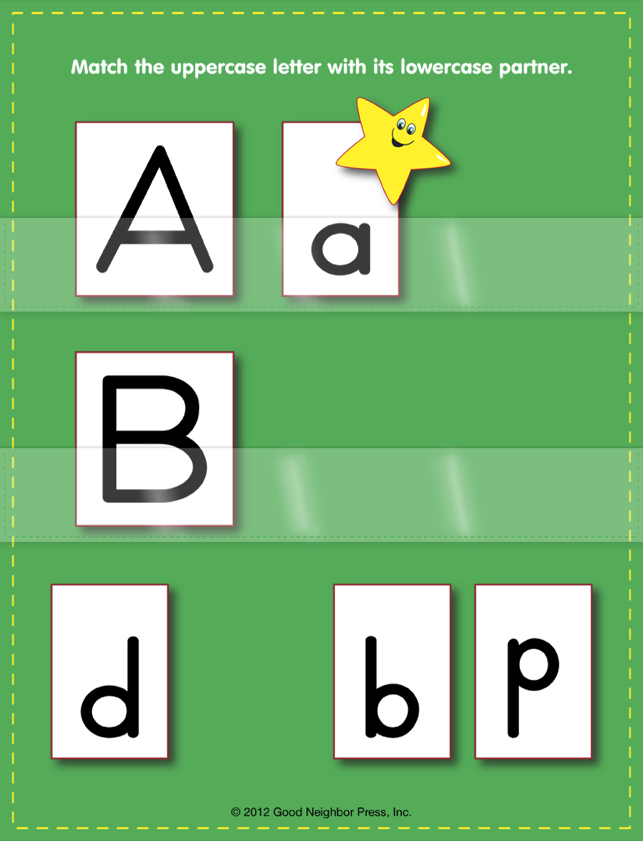 |
| In religious names | Church of the Holy Sepulcher, Holy Scripture, Koran, Mother of God, Wailing Wall. | |
| Place names | Arctic Ocean, Kilimanjaro, New York, Serpukhovo. | |
| In street and avenue names | Alexander Nevsky Square, Tsvetochnaya Street, Raduzhny Lane. | |
| In the names of astronomical bodies and objects | Planet Venus, satellite of Jupiter, Halley's comet, Milky Way galaxy. | If this is not an astronomical object, but a homonym: planet Earth and native land. |
| In the names of historical eras and events | The Renaissance, the October Revolution, the War of the Scarlet and White Roses. | |
| In the names of holidays | Walpurgis Night, Independence Day, Victory Day, First of May, but May 1st. | If this is the date of the holiday, then it is written with a small one: New Year is celebrated on December 31st.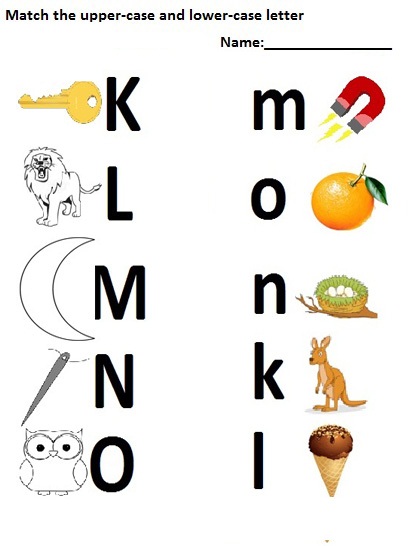 |
| In the names of awards | Title of Hero of Russia, Order of the Legion of Honor, but Order of the Red Star. | |
| In legal official names of companies and brands that are quoted | Suzuki Auto Concern, Gorbunov's Bureau Creative Agency, Orlovsky Park Hotel. | The name is not quoted if it is written in Latin letters: Hilton hotel, Pixies creative agency, BMW concern. |
| In the names of organizations and institutions | Federation Council, United Nations, European Union. | |
| In unique titles and positions | President of the Russian Federation, Prime Minister. | All other positions are written with a small one: NATO Secretary General, EU Minister, Bishop of the Russian Orthodox Church. |
| Abbreviated | CIS, IAEA, UN, PE, MIA, USA. | Some abbreviations are always written with a small letter: university, college, dot, bunker, bum, interim, spa.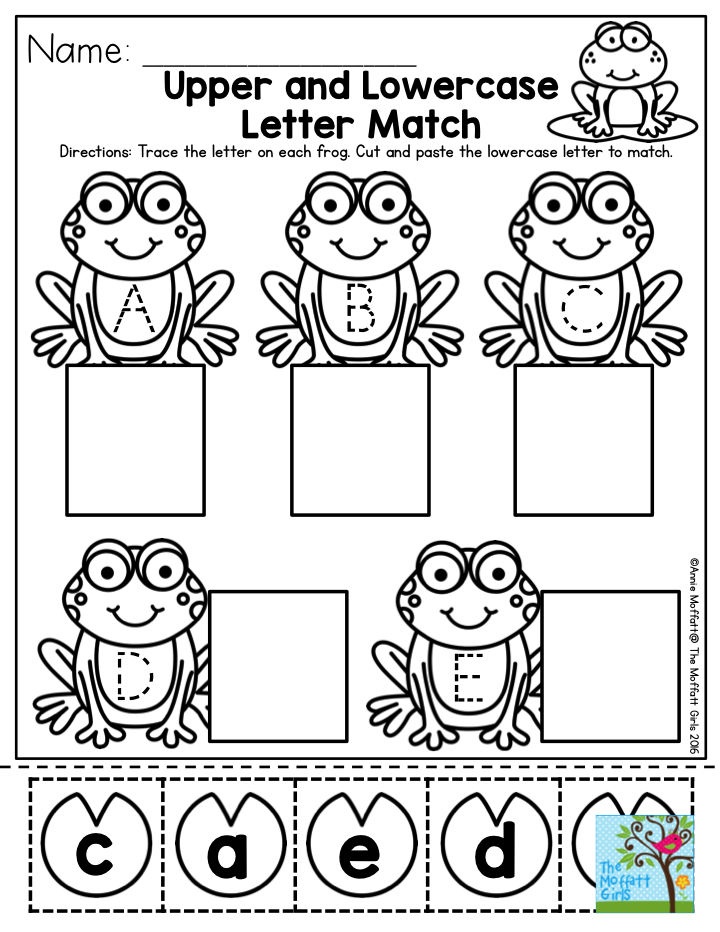 |
| In the titles of scientific articles, literary titles and other works | The novel "War and Peace", the fairy tale "The Scarlet Flower", the article "Why sleep should be a priority for every student". |
What are capital letters in street names? Examples may vary depending on the literary norm. So, in the names Chistye Prudy, Kuznetsky Most, Nikitsky Gates , only the first word was capitalized. Now the norm has changed and both words are capitalized: Chistye Prudy, Kuznetsky Most, Nikitsky Gates . If in doubt about spelling, refer to dictionaries.
Capital letter in adjectives
There are several cases in which adjectives are written with a capital letter, and they also need to be remembered:
- If the adjective expresses belonging to a specific person. For example, Misha's shirt, Vanka's stories.
- If the adjective refers to the memory of a famous person.
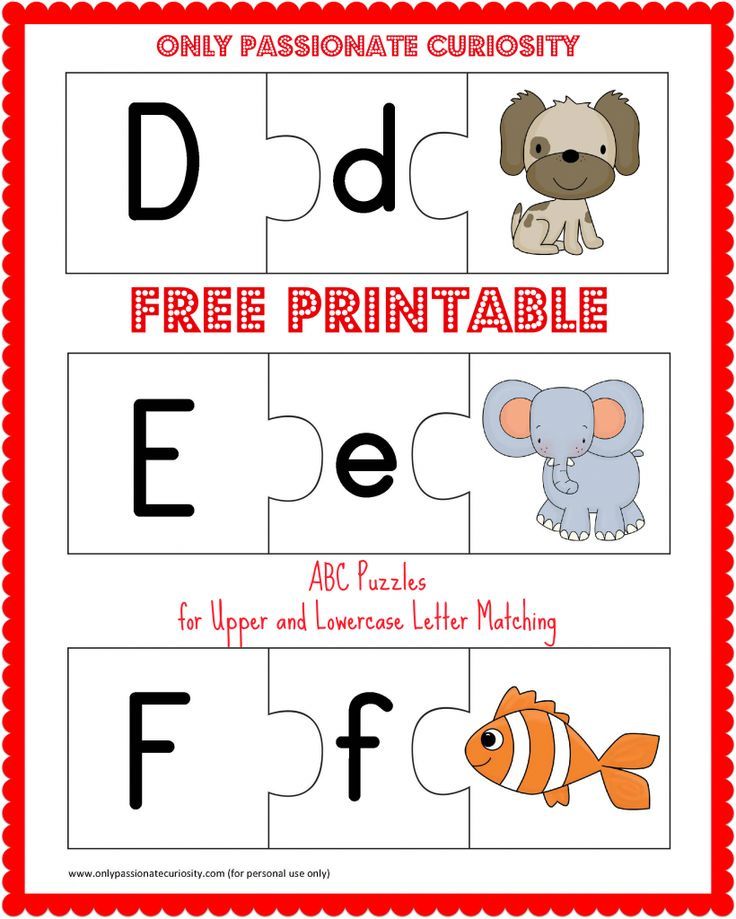 For example, Pushkin Evenings, Spring Tolstoy Readings.
For example, Pushkin Evenings, Spring Tolstoy Readings.
If the expression has become a common noun, then it is written with a lowercase letter: Sisyphean labor, Turgenev young ladies, oatmeal porridge.
Capital letter after colon
What other words are capitalized? Those with which direct speech begins. In the text, this is formalized as follows:
- the words of the author come first;
- then put a colon;
- in quotation marks write the words of direct speech.
Example: Ivanov sighed and said to the teacher: “You shouldn’t want to expel me for absenteeism, but I can refund my record book and student card.”
A special case: with what letter to write the appeal "YOU"
In official documents, letters and business correspondence, the appeal "YOU" and its derivatives are often written with a capital letter.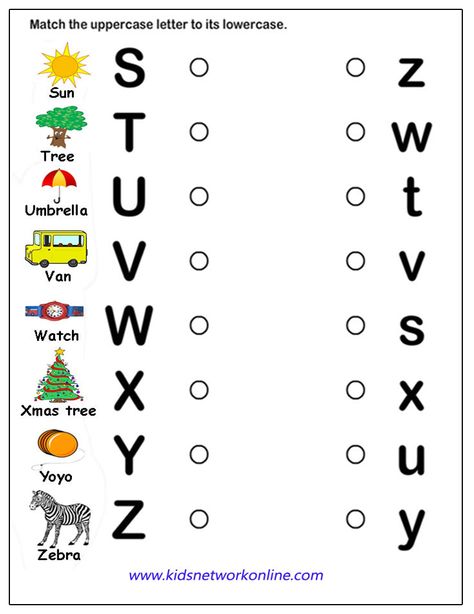 It is believed that this form shows maximum respect for the interlocutor.
It is believed that this form shows maximum respect for the interlocutor.
However, the rules of the Russian language do not impose strict norms. They recommend using "you" only if the author intentionally wants to emphasize his special relationship to a particular person. But if he addresses a group of people, then writing “You” with a big one is definitely not worth it. This will be a mistake.
Example: Petr Sergeevich, we wish you a Happy New Year and good health! Dear Anna and Vasily, we send you greetings and best wishes!
Look at examples of work and make sure that we will help you honestly!
Now you know all the rules for uppercase and lowercase letters. It remains to actively use the knowledge in practice in order to consolidate it. And if you need help in writing any kind of work, feel free to contact the student service.
Difference between uppercase and lowercase letters with visual examples
Many Internet users, as well as those who study Russian, face a misunderstanding of the difference between writing words with capital or small letters. And if some are guided at least by where the word is located in the sentence, then in the case when the author of the text is given the task of writing with a lowercase letter or with an uppercase letter, then, as a rule, he has difficulties.
And if some are guided at least by where the word is located in the sentence, then in the case when the author of the text is given the task of writing with a lowercase letter or with an uppercase letter, then, as a rule, he has difficulties.
Most people associate the word “uppercase” with small letters, which allow you to “write” your thoughts in the text. However, these are incorrect associations. Capital letters are capital or upper case. You can remember this if you remember the expression "common truths", that is, the approved rules for correct spelling.
Based on the above, it should be concluded that:
uppercase letters are those that are called uppercase or capital letters.
Words are written in capital letters
1 — Names, patronymics, surnames (including double names and surnames with hyphens), pseudonyms, nicknames are written in capital letters.
- Anton Pavlovich Chekhov, Rimsky-Korsakov, Antosha Chekhonte, Vladimir Krasnoe Solnyshko.
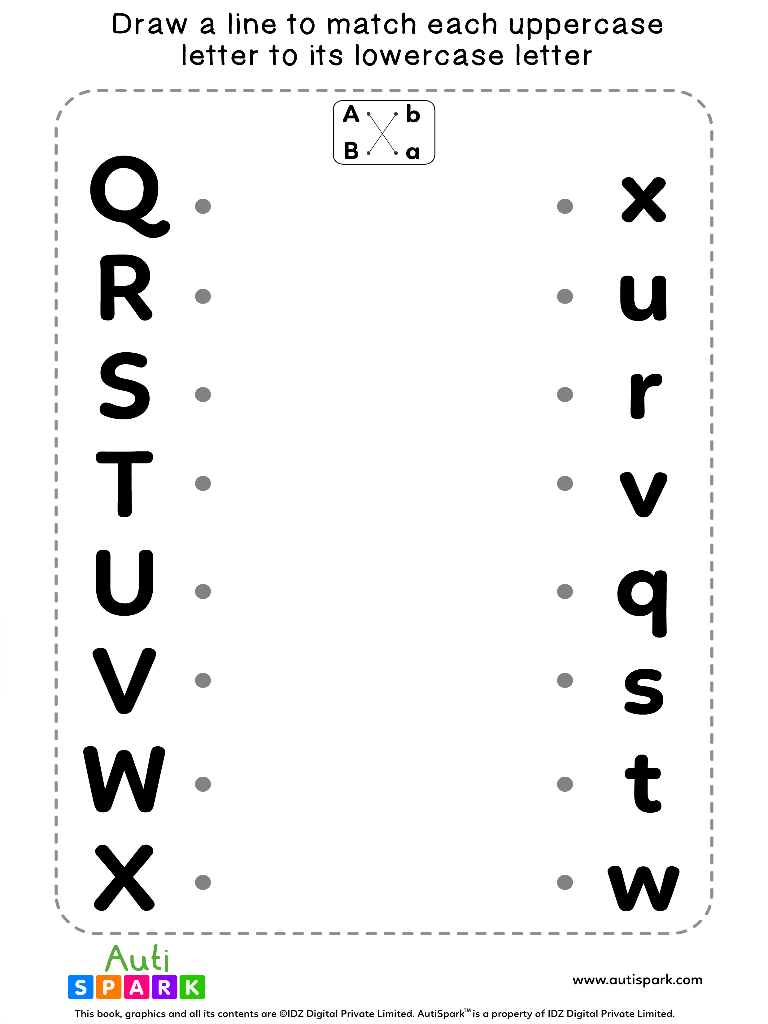
2 - the name of the settlement, river, planet.
3 - Proper names used in the meaning of common nouns are written with a capital letter if they have not lost the sign of individuality.
- “We are all looking at Napoleons…” (A. Pushkin).
- names of animals are written.
- - Sharik, Muska, Chara, Pug.
4 - names of characters, expressed by common names, in fables, fairy tales, dramatic and some other works.
- Uzh, Falcon, Fox.
5 - mythological creatures and deities.
- Mars, Zeus, Juno.
6 — Adjectives formed from proper names, animals, mythological creatures with the help of suffixes —ov—(—ev—), —in—, are written with a capital letter.
- Platonic writings, Varin's house, Murka's kittens, Zeus's wrath.
7 - Adjectives formed from proper names that have the meaning of "name of such and such", "memory of such and such", then are written with a capital letter.
- Pushkin Readings, Nobel Prize.
8 - official and unofficial names of states, republics and other territorial units.
- Russia, Russian Federation, Ukraine, Belarus, Trans-Urals, Republic of Mordovia.
9 - geographical names, including hyphenated spelling.
- Europe, Alps, Moscow, St. Petersburg, Volga, Orekhovo-Zuevo.
10 - function words in the middle of the name.
- Rostov-on-Don, Frankfurt am Main, Rio de Janeiro.
11 - If such service words are at the beginning of the name, then they are written with a capital letter.
- Las Vegas, etc.
12 Common nouns used in geographical names in the meaning of their own, can be written with both uppercase and lowercase letters.
- Belaya Tserkov, Yasnaya Polyana;
- Zemlyanoy Val, Kuznetsky Most, Pokrovsky Gates.
13 - astronomical names.
- Earth, Sun, Ursa Minor, Milky Way.
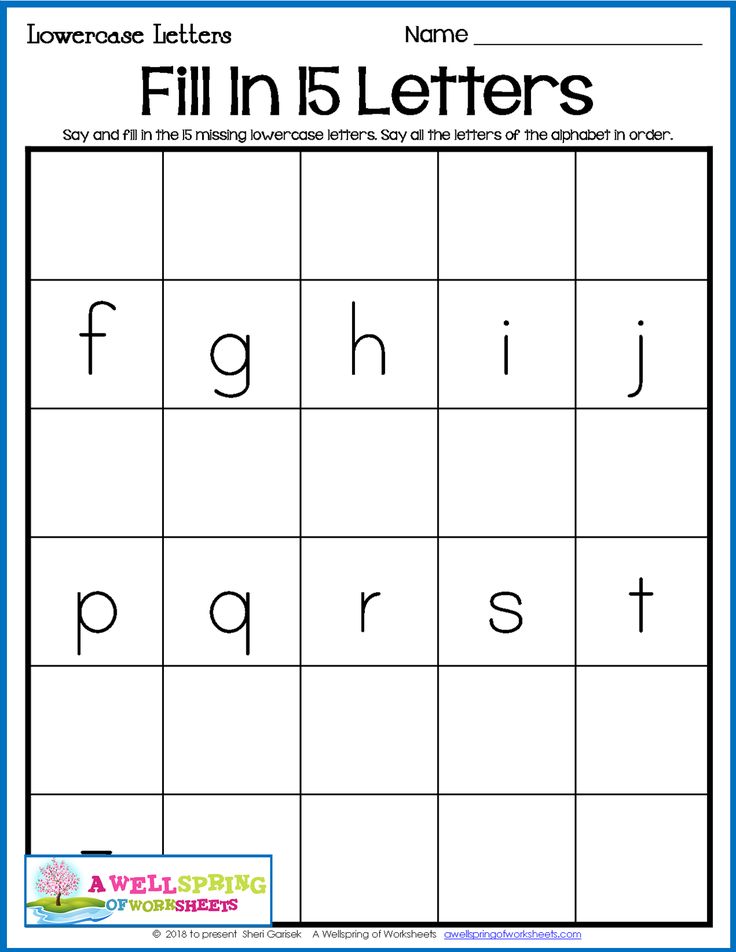
14 - the names of the highest government agencies and organizations are written, as well as the names of some international organizations.
- Federation Council, Constitutional Court, State Duma, Federal Assembly, United Nations Organization, Council of Europe.
15 - the names of the highest state positions and the highest honorary titles.
- President of the Russian Federation, Chairman of the Government of the Russian Federation, Supreme Commander of the Armed Forces of the Russian Federation, Hero of the Russian Federation.
16 - the names of the most important church organizations and institutions.
- Russian Orthodox Church, Moscow Patriarchate.
17 - official titles of senior religious officials (except official words and pronouns).
- Patriarch of Moscow and All Russia, Pope of Rome
18 - names of cult books.
- Bible, Gospel, New Testament, Psalter, Koran.
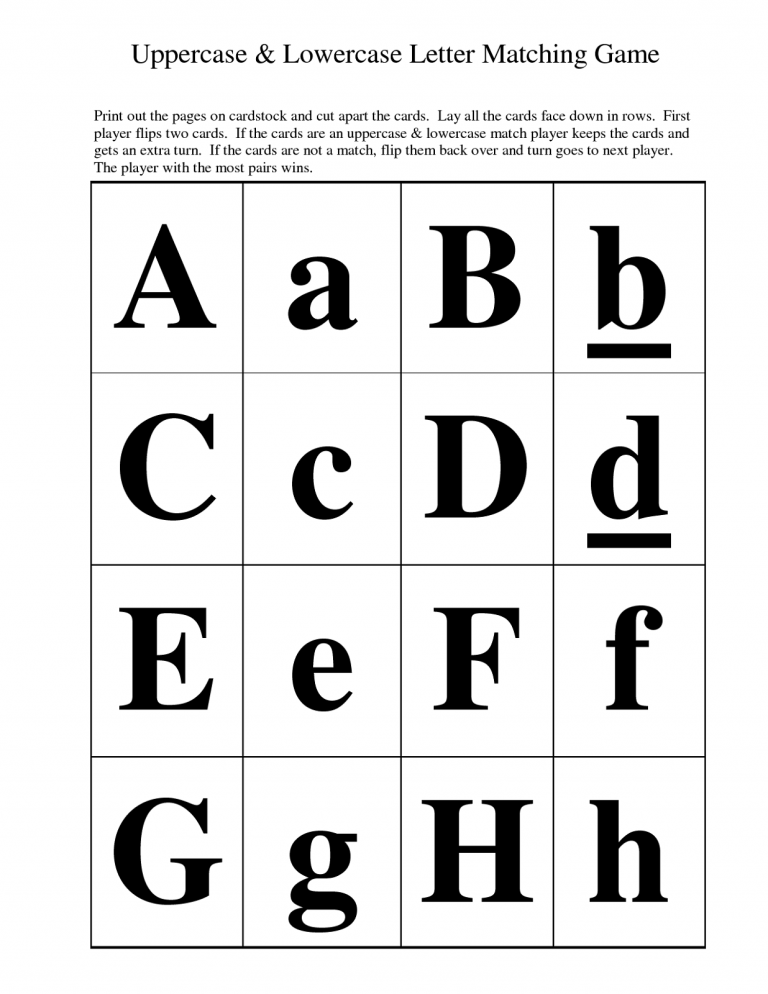
19 - the first word in the complex names of ministries, scientific institutions, higher educational institutions, industrial and commercial organizations that do not have a single character.
- Ministry of Education and Science of the Russian Federation, Moscow State Regional University, Book House, Kama Automobile Plant.
20 are common abbreviations.
- Bolshoi Theater (cf.: State Academic Bolshoi Theatre), Tretyakov Gallery (cf.: State Tretyakov Gallery).
21-If prepositions, particles that are part of foreign names and surnames, word-formation units have merged with surnames, given names, then they are written with a capital letter.
- Don Quixote, Van Gogh.
- words - The words God, Allah are written with a capital letter
22 - at the beginning of direct speech;
23 - at the beginning of the quote;
To understand the difference between lowercase and uppercase letters, it is necessary to understand the meaning of the word "lowercase".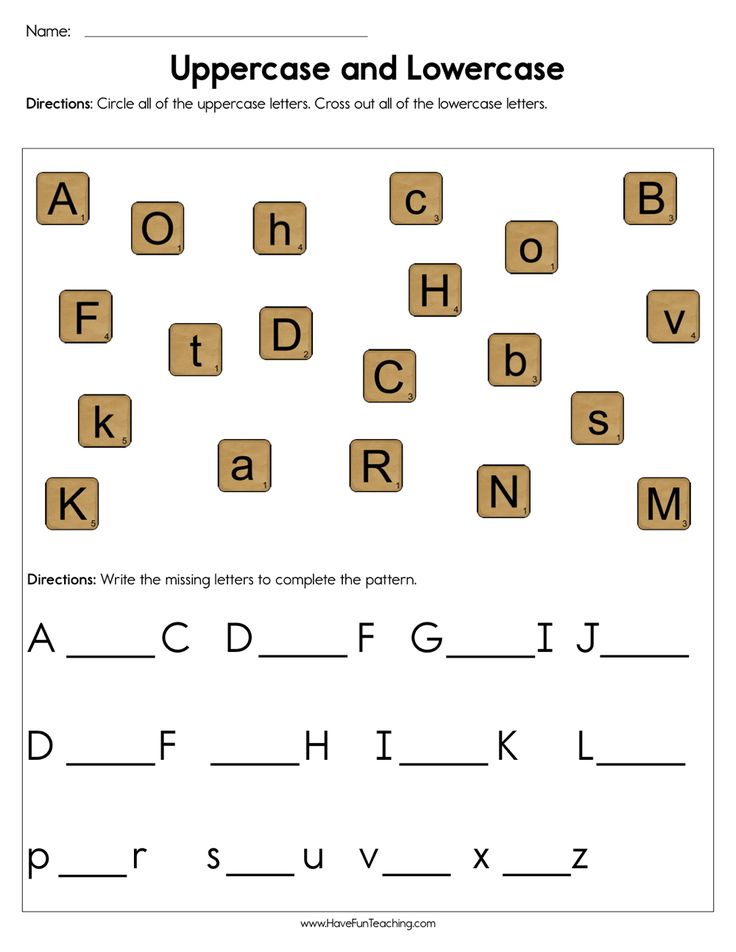 The first thing that comes to mind is that the letters are in a line. That is, they are small, of which the whole sentence consists.
The first thing that comes to mind is that the letters are in a line. That is, they are small, of which the whole sentence consists.
So
small letters are called lowercase,
Words are written with lowercase
1 — Adjectives formed from proper names with the suffix —sk-.
- Pushkin's prose, Lermontov's traditions.
2 - Proper names that have lost their sign - become common nouns.
- napoleon (cake), don juan, amp.
3 — Adjectives in phraseological units are written with a lowercase letter.
- Demyanov's ear, Filkin's diploma, etc.
4 — The words planet, constellation, nebula, comet are written in astronomical names with a lowercase letter.
- Andromeda Nebula, planet Earth, constellation Scorpio.
5 - The names of other positions, academic degrees, honorary titles, etc. are written with a lowercase letter.
- Doctor of Philosophy, Corresponding Member, etc.
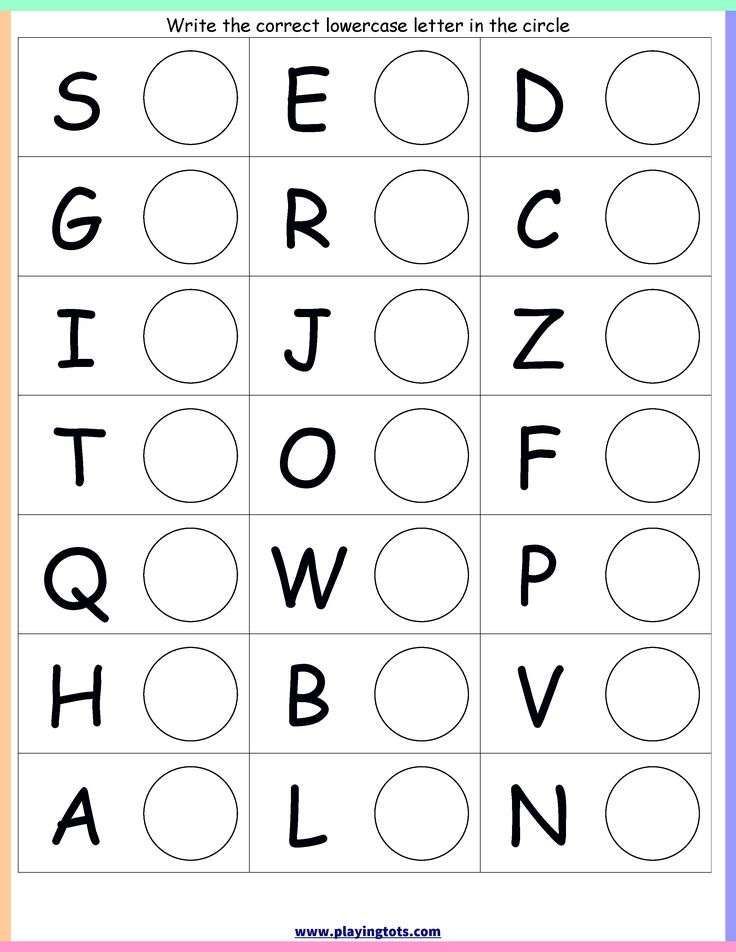
6 - Generic terms in the names of churches, icons are written with a lowercase letter.
- Trinity-Sergius Lavra, icon of the Mother of God of the Don, Notre Dame Cathedral.
7- write the names of plants formed from proper names.
- Ivan da Marya, daisy.
8 - prepositions, particles that are part of foreign names and surnames are written, namely: van, yes, de, der, di, le, la, of, background, ed, el.
- Antoine de Saint-Exupery, von Bismarck.
9 - the words bey, zade, ogly, pasha, etc. are written in eastern names and surnames.
10 - names of church services.
- Liturgy, Vespers, Matins, Vespers, etc.
11 - in set phrases in words.
- for God's sake, God knows what, my God, etc.
12 - after the first and subsequent words of the sentence;
13 decimal point;
14 after semicolon;
15 after an ellipsis in one phrase.